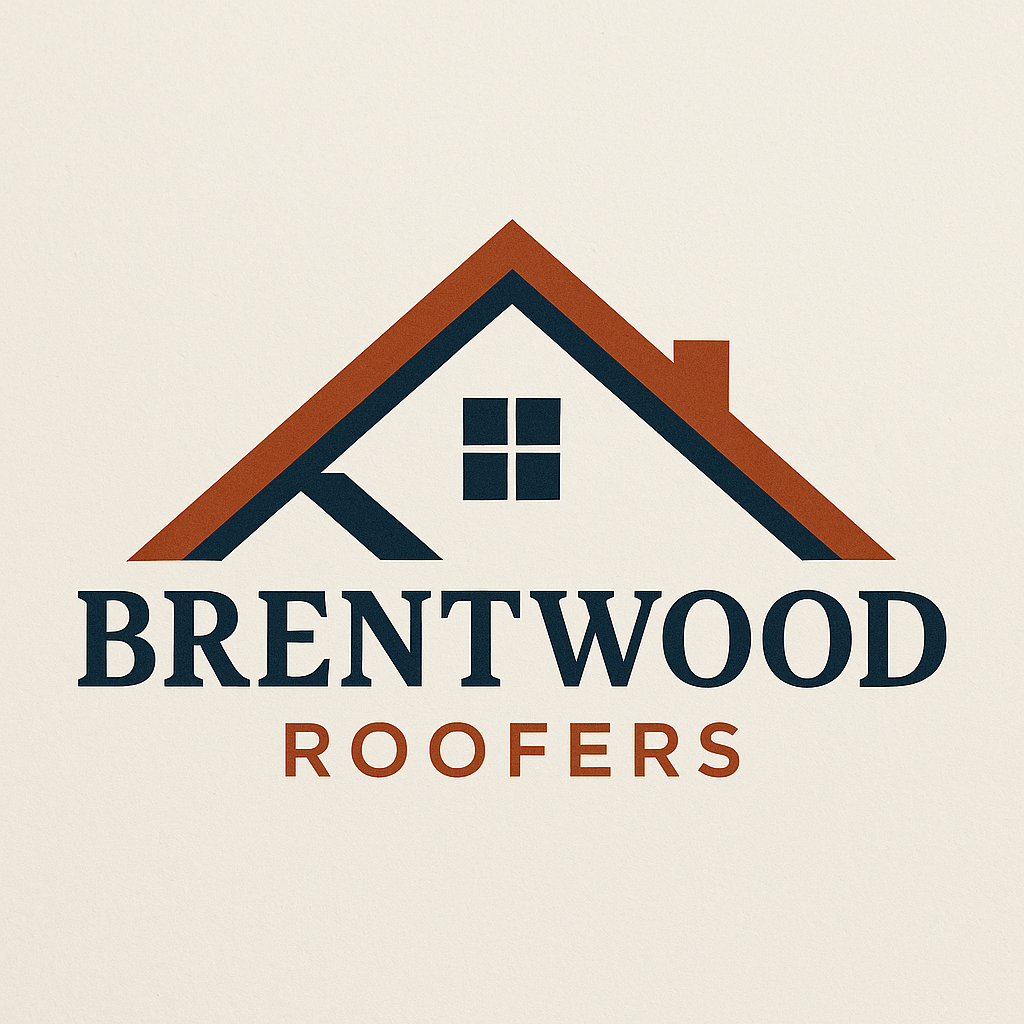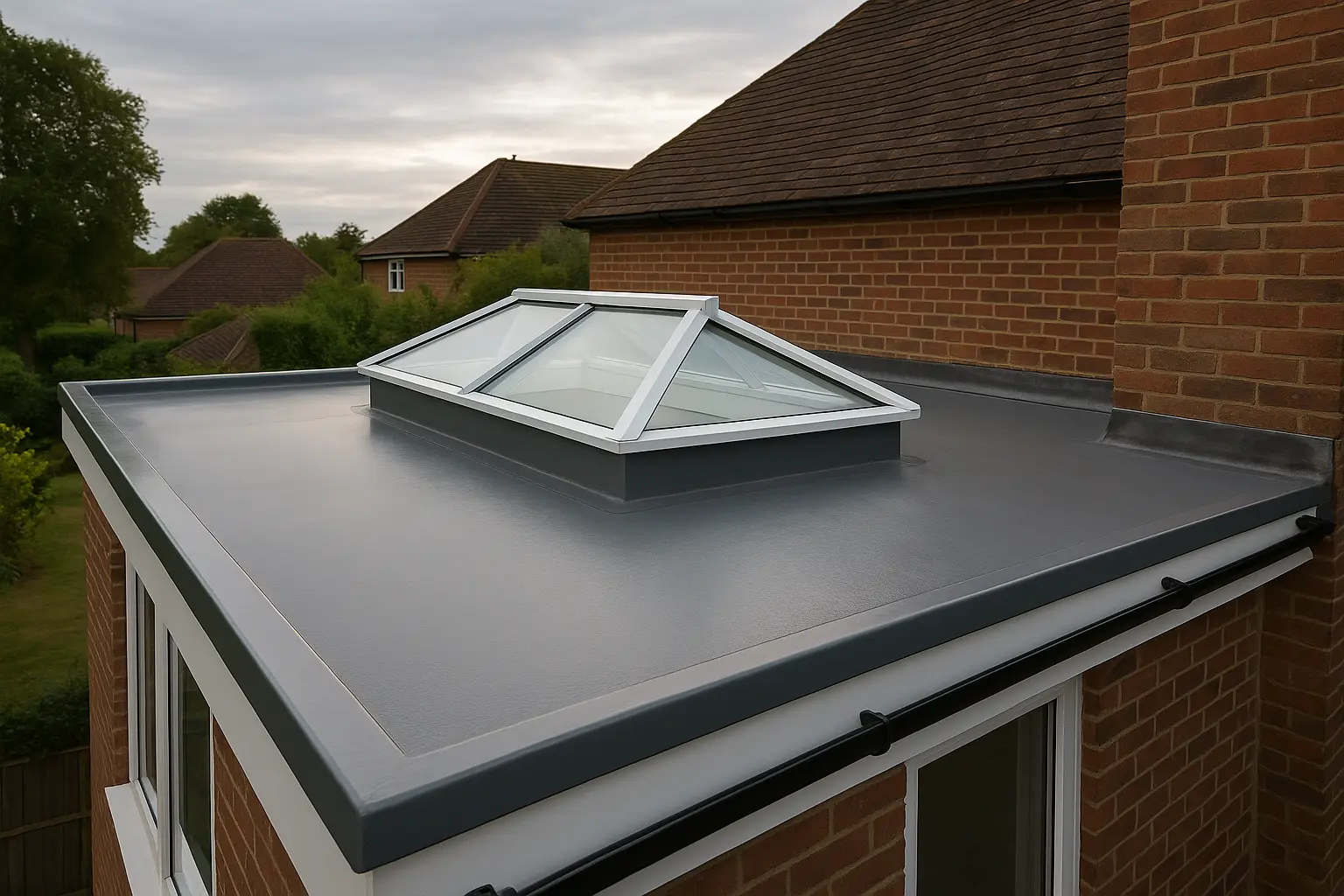Proper roof insulation plays a critical role in maintaining energy efficiency, enhancing comfort, and reducing heating or cooling costs in homes across Brentwood. Local roofing experts employ specialised techniques that cater not only to the climatic demands of the area but also to modern building standards and environmental concerns. Whether you are a homeowner planning an upgrade or a contractor seeking insights into effective insulation methods, understanding what roofing techniques Brentwood roofers use for insulation can help you make informed decisions that ensure long-lasting thermal performance and weather resistance.
Introduction to Roofing Insulation Techniques in Brentwood
Brentwood’s climate, characterised by moderate rainfall and seasonal temperature variations, demands robust roof insulation solutions that meet local building codes while optimising energy efficiency. Roof insulation standards here emphasise minimising thermal bridging and maximising insulation performance without compromising ventilation. Modern roofing membranes and vapour control layers are integral parts of the installation process, helping prevent condensation and moisture damage, which are common challenges in UK roofing systems.
Roofers in Brentwood integrate energy-efficient materials with advanced installation techniques to ensure superior warmth retention, soundproofing, and weatherproofing capabilities. These methods focus on layering insulation correctly beneath roofing membranes, using airtight seals, and employing reflective surfaces to minimise heat loss and gain throughout the year.
Common Types of Roof Insulation Used by Brentwood Roofers
Spray Foam Insulation
Spray foam insulation, typically polyurethane foam, is prized in Brentwood for its exceptional thermal conductivity and airtight sealing properties. This technique involves spraying expanding foam directly onto the roof deck or into cavities, filling gaps and creating a seamless insulation barrier.
Key benefits of spray foam include:
- High R-value per inch, providing excellent thermal resistance Superior air sealing, reducing drafts and energy wastage Quick installation adaptable to irregular spaces or complex roof geometries Enhanced structural strengthening of the roof assembly
However, installation requires professional expertise due to chemical handling and expansion control considerations. Spray foam’s lifespan often extends beyond 30 years when properly maintained.
Fibreglass and Mineral Wool Insulation
Traditional materials like fibreglass and mineral wool remain popular among Brentwood roofers for their cost-effectiveness and soundproofing benefits. Both come in batt or roll forms, fitting snugly between roof trusses and ceiling joists.
Advantages include:
- Non-combustible mineral wool offering fire resistance Good acoustic dampening properties, reducing external noise Long lifespan with minimal settling or degradation over time Compatibility with breathable roofing membranes to control moisture
Installation requires attention to airtightness as fibrous materials alone don’t seal air leaks effectively, necessitating supplementary air barriers.
Rigid Foam Panels and Insulation Boards
Rigid foam panels, made from materials like PIR (polyisocyanurate) or EPS (expanded polystyrene), are widely used for flat and pitched roofs in Brentwood. Roofers install these panels above the roof deck or between rafters, often secured with insulation adhesives.
Key features include:

- High insulation thickness allowing substantial R-values in thinner profiles Resistance to moisture absorption compared to fibrous alternatives Structural rigidity aiding load distribution on flat roofs Ease of layering for phased insulation upgrades
Rigid boards can be combined with reflective membranes to enhance insulation effectiveness, especially in warm roof systems.
Cellulose Insulation and Eco-friendly Alternatives
With increasing environmental awareness, some Brentwood roofers offer cellulose insulation options made from recycled paper treated for fire resistance and pest control. This loose-fill insulation is blown into attic spaces and cavities.
Benefits include:
- Sustainable material with low embodied energy Excellent thermal performance and air infiltration reduction Biodegradable and recyclable, supporting green building initiatives Ability to fill irregular gaps for thorough coverage
While eco-friendly, cellulose requires careful moisture control and may need topping up after several years to maintain optimal performance.
Techniques to Enhance Roof Insulation Efficiency
Air Sealing and Moisture Control Methods
Brentwood roofers prioritise comprehensive air sealing to prevent drafts and heat loss. Using vapour barriers and sealants around penetrations, joints, and edges reduces condensation risks, preserving insulation integrity.
Essential moisture control measures https://brentwood-essex-is467.tearosediner.net/are-roof-cleaning-services-common-among-brentwood-roofers-in-2025 include:
- Installing continuous vapour control layers beneath finishes Sealing gaps around chimneys, skylights, and vents Utilising breathable membranes to allow trapped vapour to escape safely Monitoring for thermal bridging and insulating vulnerable areas thoroughly
These practices dramatically improve thermal insulation’s durability and reduce mould risks associated with dampness.
Roof Ventilation Systems for Insulation Longevity
Proper ventilation is crucial to guard against trapped heat and moisture buildup that can deteriorate insulation materials. Brentwood roofers commonly employ:
- Cold roof ventilation, introducing airflow between insulation and roof covering Warm roof systems where insulation lies above the deck, paired with breathable membranes Ridge and soffit vents to promote cross-ventilation Mechanical ventilation in sealed or highly insulated designs
Well-designed ventilation supports insulation lifespan and contributes to balanced indoor climates.
Use of Reflective and Radiant Barriers
Reflective insulation components, such as radiant barriers or foil-backed boards, reduce summer heat gain by reflecting solar radiation away from the roof surface. Brentwood roofers integrate these barriers primarily in warm roof assemblies to boost thermal efficiency without added bulk.
Benefits include:
- Lower energy costs by reducing cooling demand Supplementing other insulation types to achieve improved overall R-values Lightweight and easy to install over existing insulation layers
Insulation Approaches for Different Roof Types
Insulating Flat Roofs
Flat roofs require tapered insulation to assist water drainage alongside thermal protection. Brentwood roofers typically use layered rigid foam boards and specialised roof coatings to deliver effective insulation and waterproofing.
Key practices include:
- Applying tapered insulation boards to prevent ponding water Ensuring continuous vapour control layers to avoid condensation Choosing durable, weather-resistant surface coatings Maintaining airtight joints around roof edges and penetrations
Insulating Pitched Roofs and Attics
Pitched roofs benefit from fibreglass batts or spray foam installed between or under rafters. Attic floors are often insulated with loose-fill cellulose or mineral wool to prevent heat loss from living spaces below.
Brentwood roofers ensure:
- Correct ventilation between insulation and roof covering Fitting insulation tightly around roof trusses Using reflective barriers on warm roof installations Sealing all access points to maintain airtightness
Building Regulations and Standards for Roof Insulation in Brentwood
Roof insulation in Brentwood must comply with UK building codes, specifically Part L regulations that set minimum U-values for thermal performance. Compliance ensures reduced carbon emissions and eligibility for certain grants or incentives.
Brentwood roofers stay current with:
- BRE recommendations on insulation materials and installation methods NHBC guidelines for moisture and condensation management Local council requirements for insulation thickness and fire safety Energy Performance Certificate (EPC) standards applicable to renovations
Insulation cost varies depending on material choice and installation complexity but delivering efficient, code-compliant roofs remains a priority.
Benefits of Proper Roof Insulation Techniques
Effective roof insulation significantly enhances home energy efficiency by reducing heat transfer through the roof. Other advantages include:
- Improved thermal comfort throughout the year Soundproofing benefits reducing outside noise pollution Prevention of condensation and associated mould growth Long-term weatherproofing protecting structural integrity Lower utility bills and increased property value
Choosing Brentwood Roofers for Your Insulation Needs
When selecting a roofing contractor in Brentwood, consider their expertise in insulation installation, ability to remove old or damaged materials safely, and commitment to airtightness. Experienced roofers provide thorough pre-installation inspections, recommend suitable insulation types, and guarantee quality workmanship aligned with local regulations.
Look for professionals who:
- Offer comprehensive roof repair and insulation services Use proven insulation products with longevity guarantees Provide clear cost estimates and aftercare advice Understand sustainable building practices
Frequently Asked Questions About Roof Insulation Techniques in Brentwood
Q: What are the most effective insulation materials used by Brentwood roofers?
A: Popular choices include spray foam for high performance, rigid foam panels for durability, and fibreglass or mineral wool for cost efficiency and soundproofing. Selection depends on roof type and budget.
Q: How do Brentwood roofers ensure proper ventilation in insulated roofs?
A: They install ventilation systems with ridge, soffit vents, and breathable membranes tailored to the roof design to prevent moisture build-up and extend insulation life.
Q: Can insulation be added to existing roofs without major renovations?
A: Yes, techniques like blown-in cellulose or adding rigid foam boards above existing roofs allow insulation upgrades without full replacement.
Q: What is the typical cost range for roof insulation installation in Brentwood?
A: Costs vary widely from £30 to £70 per square metre based on insulation type, thickness, and labour involved.
Q: How long does roof insulation last before it needs replacing?
A: Most insulation materials last 20 to 40 years; however, maintenance and moisture control affect longevity significantly.
Q: Are there eco-friendly insulation options available in Brentwood?

Q: How do roofing membranes impact insulation efficiency?
A: Membranes prevent moisture ingress and enable controlled vapour diffusion, critical to maintaining insulation's thermal performance.
Q: What are the signs that my roof insulation needs repair or improvement?
A: Rising energy costs, uneven indoor temperatures, visible mould, or damp patches on ceilings can indicate insulation issues.
In summary, Brentwood roofers employ a variety of advanced insulation techniques tailored to the local climate and building regulations. From spray foam and rigid boards to eco-friendly cellulose and ventilation strategies, the goal remains to maximise energy efficiency while preserving structural integrity. By choosing skilled professionals and understanding these methods, homeowners can enjoy enhanced comfort, lower running costs, and a sustainable roofing solution. For your next roofing insulation project in Brentwood, consult with experienced local roofers who prioritise quality, compliance, and innovative techniques to safeguard your home’s thermal performance for years to come.